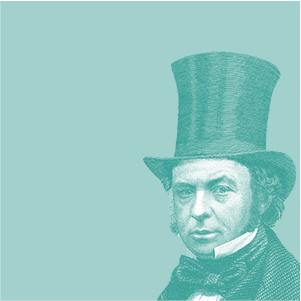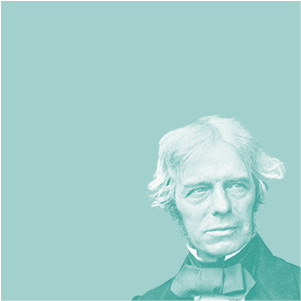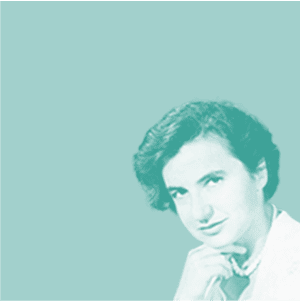Charles Darwin
12 February 1809 – 19 April 1882
Charles Robert Darwin FRS FRGS FLS FZS was an English naturalist, geologist and biologist whose scientific theory of evolution transformed the way we understand the natural world.
Darwin originally studied medicine at the University of Edinburgh and eventually completed his studies in theology at Christ’s College, Cambridge, but it was his focus on natural history that became his passion.
In 1831, Darwin embarked on a five-year voyage aboard the HMS Beagle, employed as a naturalist. His notes, observations and samples from that trip led to ground-breaking scientific discoveries.
Darwin’s analysis of plants and animals led him to question how species form and change over time. This work led him to his theory of evolution by natural selection which is the concept that organisms that better adapt to their environment are more likely to survive and pass on the genes that aided their success. This process causes species to change and diverge over time and eventually lead to the development of a new species.
Charles Darwin co-published on the theory of evolution with fellow naturalist, Alfred Russel Wallace in 1858. They are jointly credited with the development of this theory. However, it was Darwin’s book, On the Origin of Species (1859) that cemented Darwin’s place in history. His thoughts on evolution and natural selection were controversial, popular and revolutionary and have become a cornerstone of modern biology.








